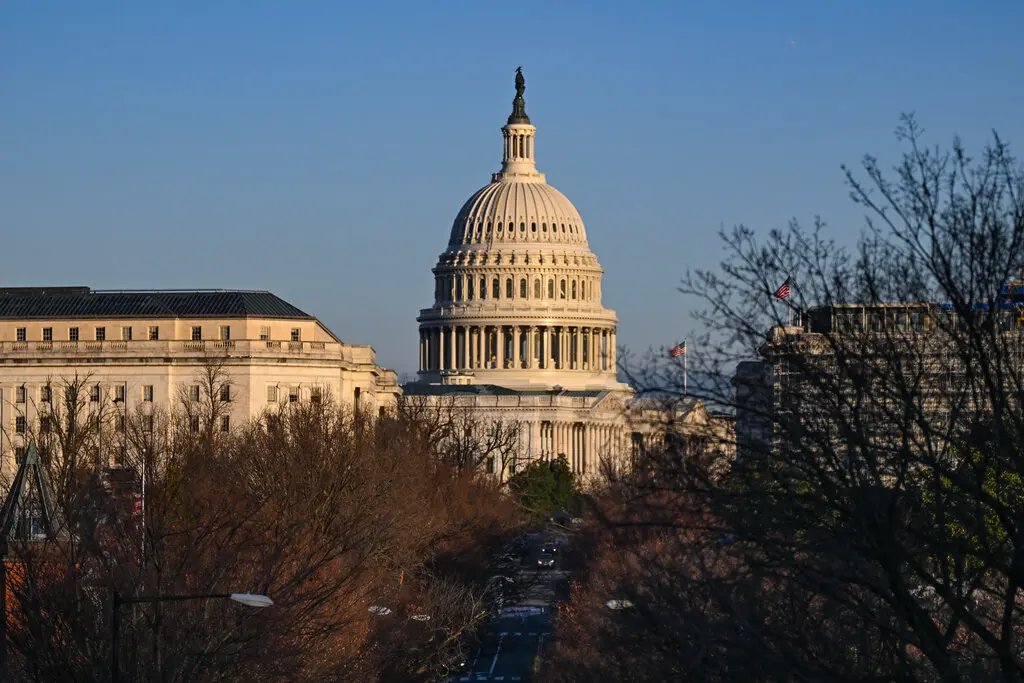Congress Approves Full Social Security Benefits for Public Sector Retirees

In a significant move to enhance the financial security of public sector retirees, Congress has approved a new measure ensuring that these individuals will now receive full Social Security benefits. This decision marks a pivotal shift in U.S. retirement policy, offering long-awaited relief to retired federal, state, and local government employees who previously faced restrictions on their Social Security payouts. The new law, which has garnered widespread support from both retirees and advocacy groups, aims to rectify a longstanding issue that has left many public sector workers with reduced benefits during retirement.
Background: The Windfall Elimination Provision (WEP)
Historically, public sector retirees have faced a reduction in their Social Security benefits due to the Windfall Elimination Provision (WEP). The WEP was enacted in 1983 to prevent certain public sector workers from receiving both full pensions from their employers and substantial Social Security payments. Under this provision, individuals who worked in both the public and private sectors had their Social Security benefits reduced, sometimes drastically, based on the amount of their pension from government work.
For years, public sector retirees, including teachers, firefighters, and police officers, voiced their frustration over what they saw as an unfair policy that penalized them for a career spent serving their communities. The WEP was particularly contentious because many public sector workers paid into Social Security for years, only to see their benefits slashed upon retirement. This legislation aims to rectify that, ensuring that these retirees can enjoy the full benefits they earned over their working lives.
Key Provisions of the New Law
The newly approved law eliminates the restrictions imposed by the WEP, allowing public sector retirees to receive full Social Security benefits, without the reductions that were previously common. This change is expected to affect millions of retirees across the country who have dedicated their careers to public service.
The law’s passage has been hailed as a victory for fairness, ensuring that public sector employees who contributed to Social Security throughout their working lives are not penalized for their government employment. For many retirees, this adjustment will result in a substantial increase in their monthly Social Security payments, significantly improving their financial stability in retirement.
In addition to removing the WEP, the new legislation includes provisions to gradually phase out the Government Pension Offset (GPO), another policy that reduced Social Security benefits for spouses and survivors of public sector workers. This is seen as a step toward more equitable treatment for individuals who may have been unfairly disadvantaged by the GPO in the past.
Impact on Public Sector Retirees
For retirees who have been adversely affected by the WEP, the change is expected to provide immediate relief. Many public sector retirees, especially those who worked in lower-paying government jobs, will benefit from the increased Social Security payouts, which will help them maintain a higher standard of living in their later years. The adjustment is especially important for those who rely heavily on Social Security as their primary source of income in retirement.
The change also addresses a key concern for individuals who have worked both in the public sector and in the private sector but were still penalized due to the WEP. By removing the restrictions, these individuals will now receive the benefits they were entitled to, regardless of their government employment.
Political and Public Support
The passage of this legislation has received widespread support from both political parties and the public. Advocates for public sector workers, including unions and retiree organizations, have praised Congress for addressing this long-standing issue. Many lawmakers have called the decision a moral imperative, recognizing the contributions of public sector employees who have worked for decades to serve the public.
This move also reflects a broader trend in retirement policy toward addressing systemic inequalities in the retirement system. Critics of the WEP have long argued that the provision disproportionately affected public sector workers, especially those in lower-paying jobs who had few other retirement savings to rely on.
Financial Implications
While the law provides relief for retirees, it also carries financial implications. The full cost of implementing the changes will be significant, as it will result in increased Social Security payouts to public sector retirees. However, proponents argue that the long-term benefits outweigh the costs. By providing a fairer and more equitable system, the change is expected to improve the economic well-being of millions of Americans, which can have positive effects on the broader economy.
Additionally, the legislation could help reduce disparities in retirement security, particularly for workers in public service jobs, who are often underpaid compared to their private sector counterparts. By enhancing the financial stability of public sector retirees, the policy could also help reduce the reliance on government assistance programs.
The approval of full Social Security benefits for public sector retirees is a landmark moment in U.S. retirement policy. By eliminating the Windfall Elimination Provision and phasing out the Government Pension Offset, Congress has ensured that public sector workers receive the full benefits they earned through years of hard work and dedication to their communities. This law represents a major step toward a fairer and more equitable retirement system, providing much-needed financial relief to millions of retirees and their families. With the full implementation of this policy, public sector retirees will be better equipped to enjoy a secure and comfortable retirement, free from the financial uncertainty that has plagued many of them for decades.






